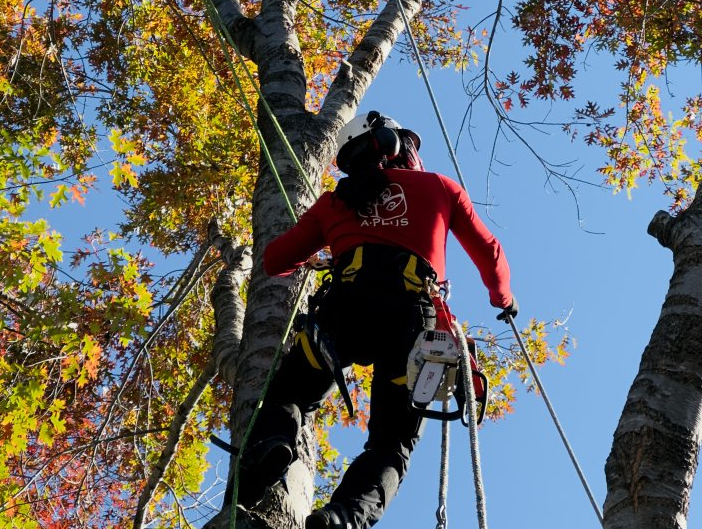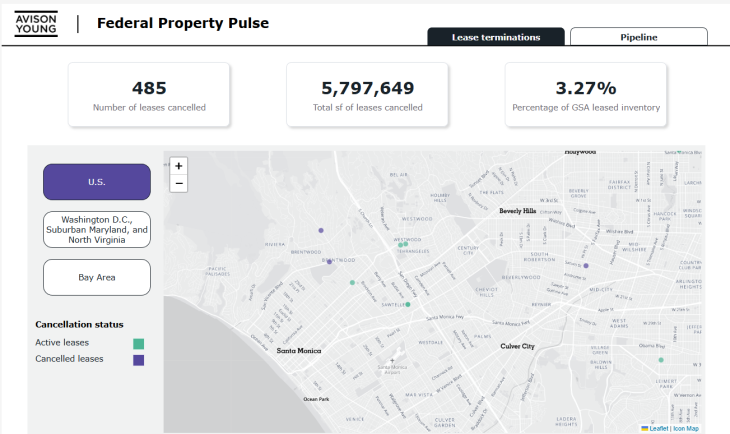By Susan Payne
“Mr. Morale & the Big Steppers,” by Kendrick Lamar wrestles big issues, but his track “Auntie Diaries” has earned praise from the trans community.
Exploring Lamar’s evolving relationship with his trans relatives, the song is a “vivid, exceptionally provocative look into the mind of a younger Lamar forming a concept of transness amid a working-class Compton culture not often inclined to embrace it,” according to The Los Angeles Times.
Although dusted with anti-gay slurs and other purposefully ugly language around gender and sexuality, Lamar won the hearts of some listeners for being wrenchingly accurate about this cis, straight Black man’s path to a fuller understanding of his family relations.
Over Lamar’s youth, he comes to an understanding that his aunt had transitioned into a male identity.
“My auntie is a man now / I think I’m old enough to understand now,” Lamar raps at the song’s opening. “I watch him and his girl hold their hands down.”
Later in the song, Lamar revisits the story of a cousin he once knew as Demetrius, now a trans woman named Mary-Anne, according to the LA Times.
“The Barbie dolls played off reflection of Venus / He built a wall so tall you couldn’t climb over / He didn’t laugh as hard when the kids start joking ‘F—t, F—t, F—t,’ we ain’t know better,” he raps.
She first appeared in his song “Sherane a.k.a. Master Splinter’s Daughter,” off his 2012 album “Good Kid, m.A.A.d. City.”
Although startling, Lamar’s mis-genderings and slurs are intentional for their effect. Cruel gestures like deadnaming and repeating slurs would be unforgiveable in conversation, but the son’s provocations feel like a wincing look back on the young mind Lamar inhabited on tracks like 2012’s “Backseat Freestyle,” a fan favorite for its evil strut, but also a character study of a naïve young man in the throes of foolish influences, the LA Times wrote.
“Auntie Diaries” attempts to revisit a younger Lamar and try to make sense of his fascination with the trans relatives around him while also absorbing the slights and violence he seems around him, the LA Times reported.
“See, my auntie is a man now, slight bravado / Scratching the likes from lotto / Hoping that she pull up tomorrow.”
In the song, Lamar says his trans uncle is the first person he ever saw writing raps, an influence that made his career possible. He also revealed:
“Asked my momma why my uncles don’t like him that much / And at the parties why they always wanna fight him that much / She said, ‘Ain’t no tellin’ / N— always been jealous because he had more women / More money and more attention made more envy.’”
Later in the song, Lamar remembers an infamous moment onstage in 2018 when he invited a white fan to rap with him but stopped the show to reprimand her for repeating anti-Black slurs.
“Reminded me about a show I did out the city / That time I brung a fan on stage to rap / But disapproved the word that she couldn’t say with me / You said, ‘Kendrick, ain’t no room for contradiction / To truly understand love, switch position’ / ‘F—t, F—t, F—t,’ we can say it together / But only if you let a white girl say ‘n—’.”
While trans fans are going to have different reactions informed by their wide variety of lived experience, LA Times said some have said they’re grateful for Lamar’s candor and the delicacy with which he uses hateful phrasing to compassionate ends.
“Like it or not the use of the f— slur, dead naming and misgendering is reality. I’m sorry he didn’t sugarcoat it for y’all but it’s realistic as personally I get dead named and misgendered by family to this day,” wrote a trans female fan on Twitter. “This song may not be some of y’all’s ideal version of allyship and activism but it’s done in a way that holds truth and weight to the transphobia and homophobia in hip-hop. We should be grateful one of the most remarkable rappers alive chose to bring up this topic.”
“A lot of ppl have problems with Kendrick’s use of the f-slur here but it’s important to remember the narrative frame the song uses,” wrote another trans fan. “This becomes incredibly relevant at the apex of the song…I’ve looked over these lyrics countless times it’s very clear that everything in this song is deliberate. It’s an in your face re-telling of the events that lead a previously ignorant Kendrick Lamar to become understanding of LGBTQIA+ people & provoked him to fight for them.”
Lamar closes the song reflecting his understanding, ending with Lamar giving a full-bodied attestation of love and humility in the face of someone’s deepest truths about themselves, the LA Times said.
“Forcing me to stand now I said, ‘Mr. Preacherman, should we love thy neighbor?” he says. “The laws of the land or the heart, what’s greater?’”























